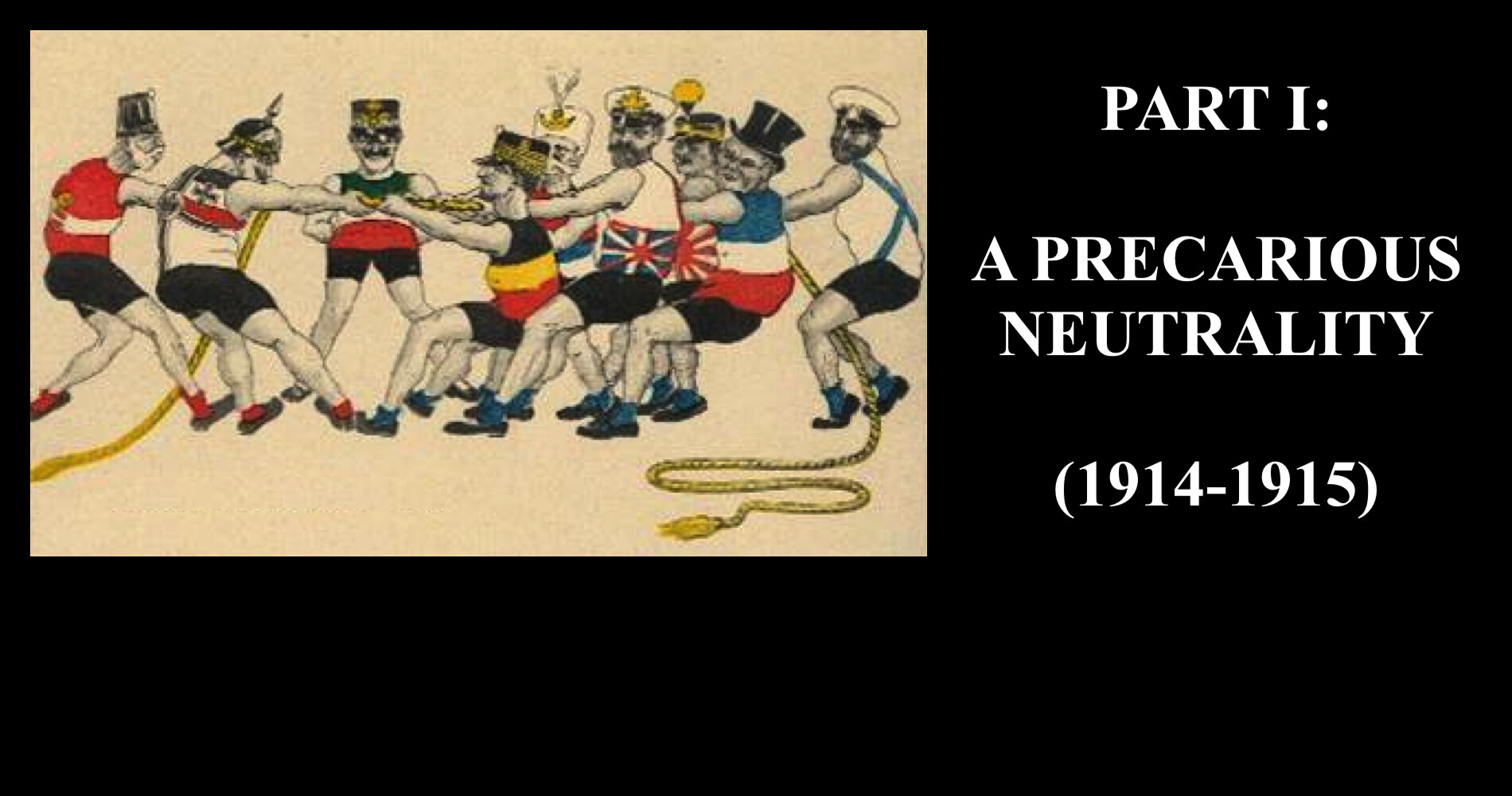Kaiser Wilhelm the Tenth
Banned
KAISER WILHELM THE TENTH PROUDLY PRESENTS:

I must begin by thanking all the readers and commentators who made the original Place In the Sun what it was! Well over two hundred people actively participated in the original thread, and countless more read and liked without commenting. With your help, we came in second place in the 2021 Post-1900 Turtledove Awards, for which I remain deeply grateful.
The TL was an integral part of my life for well over a year, yet I gradually succumbed to writer's fatigue and burnout. Abandoning it unexpectedly in autumn 2021 was hard, yet I deemed it the right choice at the time. Not a day passed, however, when I wasn't thinking about TTL: What were my favourite parts to write? What scenes and characters meant the most to me? What implausibilities and omissions existed? World War I, and the notion of a Central Powers victory in particular, has intrigued me since I was a kid, and this timeline represents the culmination of that interest. This timeline, and what it represents, kept me going through some dark patches in the Real World. No other creative outlet, however enjoyable, could match Place In the Sun; it all felt like a stop-gap. Crafting an idea from historical fact and imagination, putting it into a coherent narrative, and entertaining others with it is an experience with which nothing else can compare. Simply put, I loved Place In the Sun too much to ever truly abandon it or ever stop wondering how I could have improved on it. Eight months after laying down 1.0, the TL returns.
Many errors and omissions- some large, some small- have since become apparent. Most are due to a lack of planning on my part- I began 1.0 with few ideas other than "Italy joins the Central Powers, cool stuff happens afterwards". While fun to write, this led to a slightly confused narrative. Once the conflicts in France, Danubia (Austria-Hungary), India, and Mexico resolved themselves, I began running out of ideas and lost enthusiasm shortly thereafter. Far more research and preplanning has gone into this Redux than the original, and I hope to make this a work of "hard" alternate history, especially close to the PoD. In terms of writing style, I hope to make each individual chapter shorter (I found the large walls of text in 1.0 daunting) and more specific, yet to release more of them.
Feedback, constructive criticism, etc, are all actively requested!

